Honey is in the culinary spotlight in Israel right now, with Rosh Hashanah – the Jewish New Year – upon us. Tradition and recipes galore call for this golden viscous elixir as a main ingredient.
Colony collapse disorder and bee die-offs are a global problem, according to the Greenpeace non-governmental environmental organization. But in Israel, honeybee populations maintain stable numbers thanks to agriculture research, technology initiatives and a national strategy to plant nectar-rich seedlings annually.
It’s a good thing the honeybees are kept happy and busy as it is customary to eat apples and challah dipped in honey to symbolize a sweet year ahead. And Israelis take this ritual very seriously.
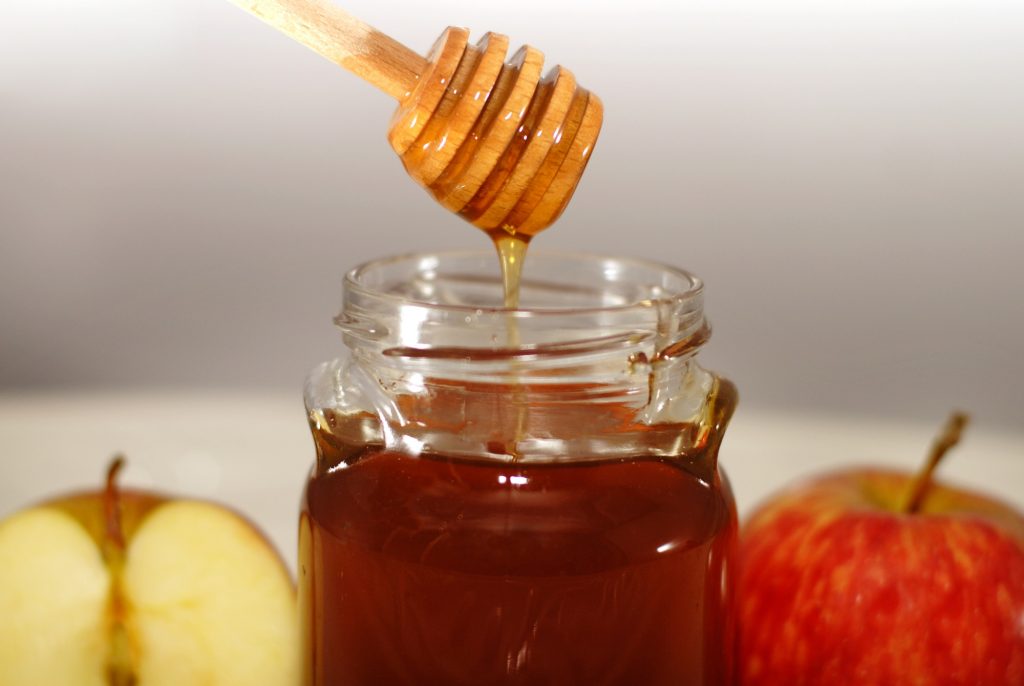
SEE ALSO: 5 Reasons Pomegranates Are The Crown Jewel Of Fruits
Israelis consume 250 grams of honey per person in the Hebrew month of Tishrei, during the High Holiday festivals. According to the Israeli Honey Production and Marketing Board, on average, Israelis consume 600 grams of honey per person during the whole year.
Here are 10 buzz-worthy facts about honey in Israel:
1. Beekeeping, also known as apiculture, has been a profession in Israel since before the modern state came into being. The Israeli Honey Production and Marketing Board says the trade can be traced back to 1882 in this Land of Milk and Honey.
2. As of this year, there are 529 beekeepers keeping an eye on some 120,000 hives around the country. The bees produce approximately 35 kilograms of honey per hive annually.
3. The local bee tech scene is buzzing with new solutions to help combat colony collapse and improve natural pollination. According to the World Bee Project, 77 percent of our global food supply is dependent on bee pollination. Locally, BeeHero uses beehive sensors to monitor hives. Edete has an automated fruit orchard pollination system that does not require bees. BioBee mass-produces the earth bumblebee for natural pollination of various crops.
Sign up for our free weekly newsletter
Subscribe4.Oracle and the World Bee Project are collaborating on a data collection project that is meant to help farmers manage bee and pollinator habitats. The global project is currently underway, as a pilot, in the UK, Ireland and Israel.
5. Israelis consume 4,500 tons of honey per year. According to the Honey Board, in the period leading up to Rosh Hashanah, Israelis consume 40 percent of the overall annual intake.
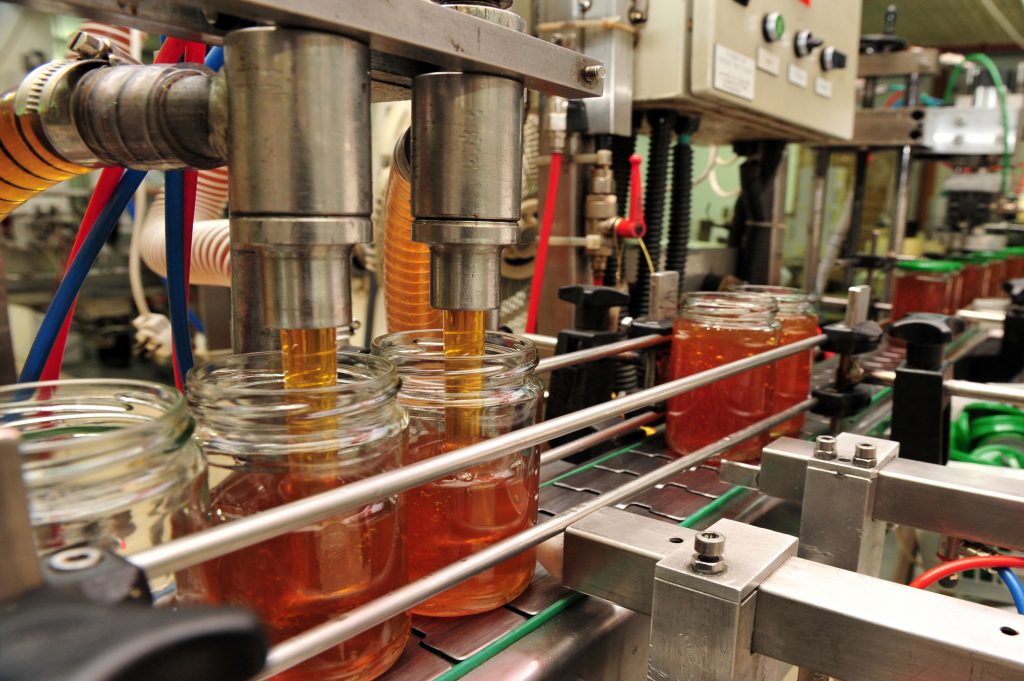
6. A new citrus honey on the market this year is named for Nechama Rivlin, the late wife of Israeli President Reuven Rivlin. Earlier this month, CEO of the Honey Board Zeev Meidan gave the president a jar of the new honey. “Growing up on an agricultural settlement, she loved Israeli honey with its citrus scent and saw in you the fulfillment of Zionism. Thank you for honoring her memory with this honey that you have produced,” Rivlin told representatives of the Honey Production and Marketing Board and beekeepers from around the country at their annual visit to the president’s residence.
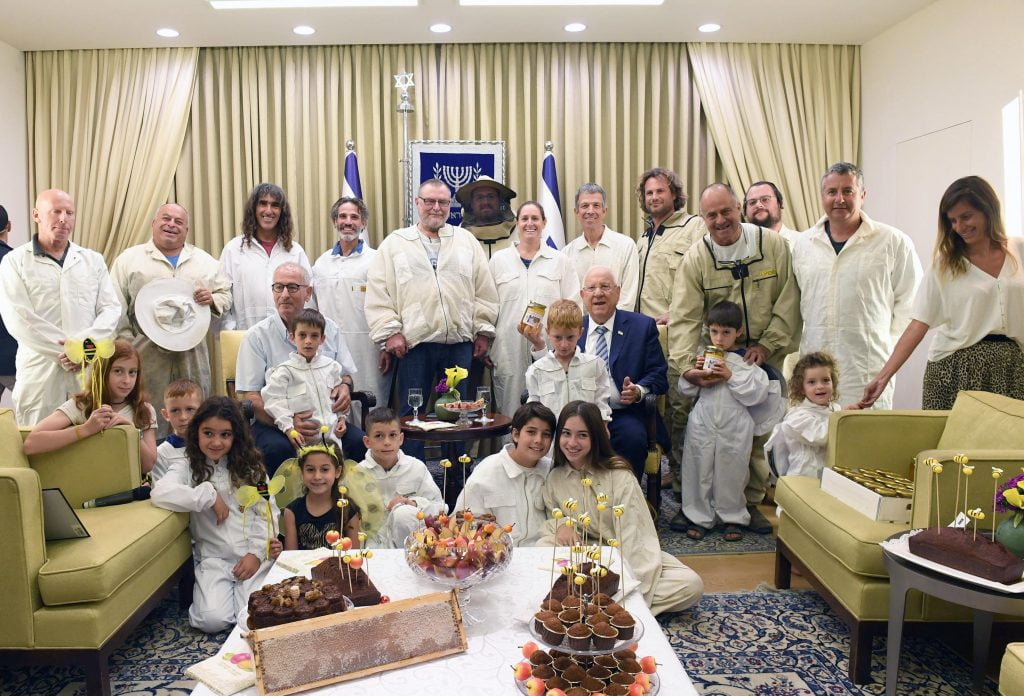
7. Students from the WIZO Nir Ha’Emek Youth Village represented Israel at the 10th Annual International Meeting of Young Beekeepers in Slovakia earlier this year, winning second place in the mixed delegation category. “I was so happy to hear the young generation of beekeepers did so well. The apple and honey doesn’t fall far from the tree,” President Rivlin told them at a meeting at his residence.
8. Local beekeepers collaborate with JNF-KKL to plant some 100,000 plants that produce pollen and nectar annually to help honey production.
9. There are 1,100 species of bees in Israel. The Israeli honeybee is actually of Italian origin, and is known as the Apis mellifera ligustica – a subspecies of the western honey bee.
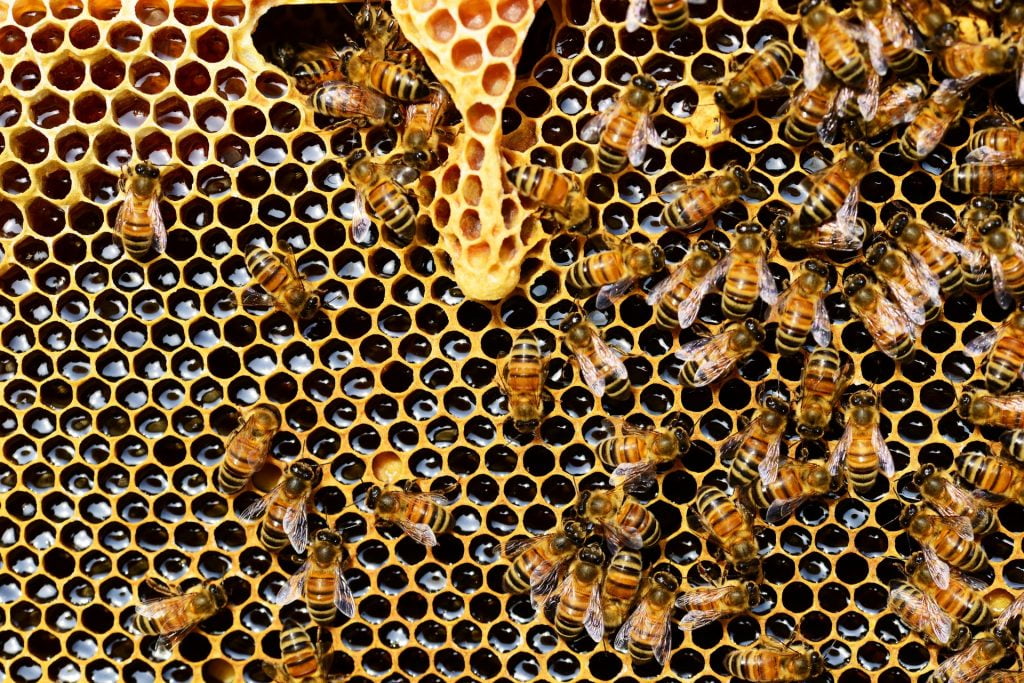
10. Israeli honey cake, known by its Yiddish name lekach, is a traditional Rosh Hashana must-have. It is a sweet cake made with spices, orange juice and sometimes coffee, to symbolize a sweet new year.
Viva Sarah Press is a journalist and speaker. She writes and talks about the creativity and innovation taking place in Israel and beyond. www.vivaspress.com
Related posts

Israeli Medical Technologies That Could Change The World

Harnessing Our Own Bodies For Side Effect-Free Weight Loss

Missing Protein Could Unlock Treatment For Aggressive Lung Cancer


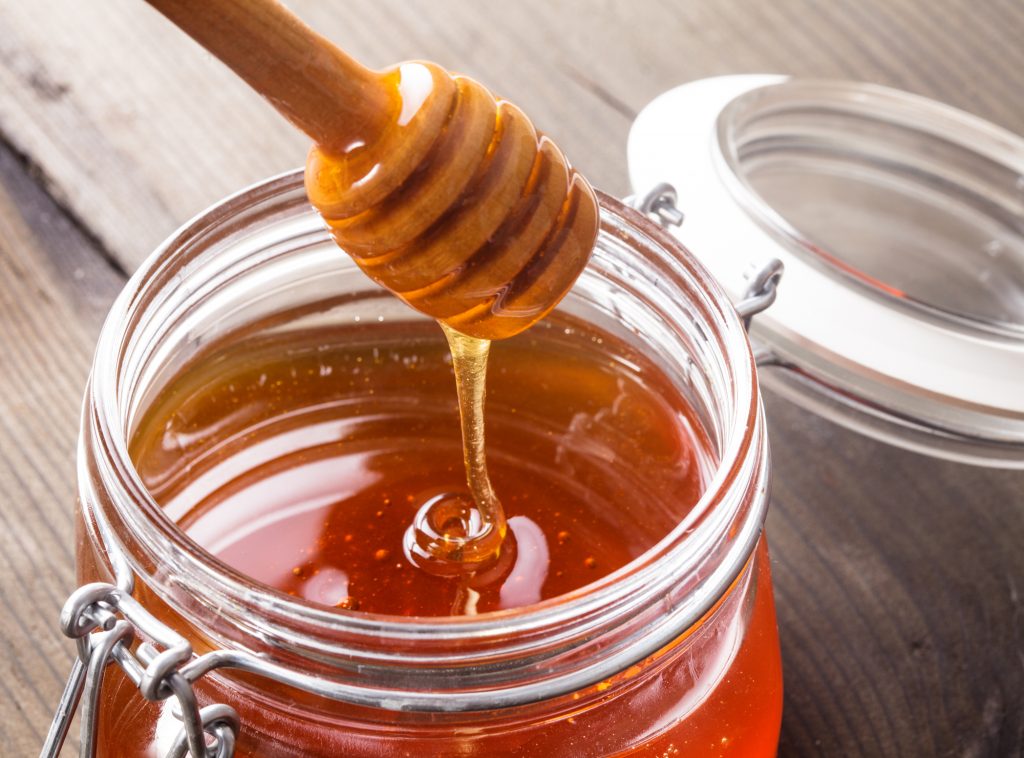

Facebook comments